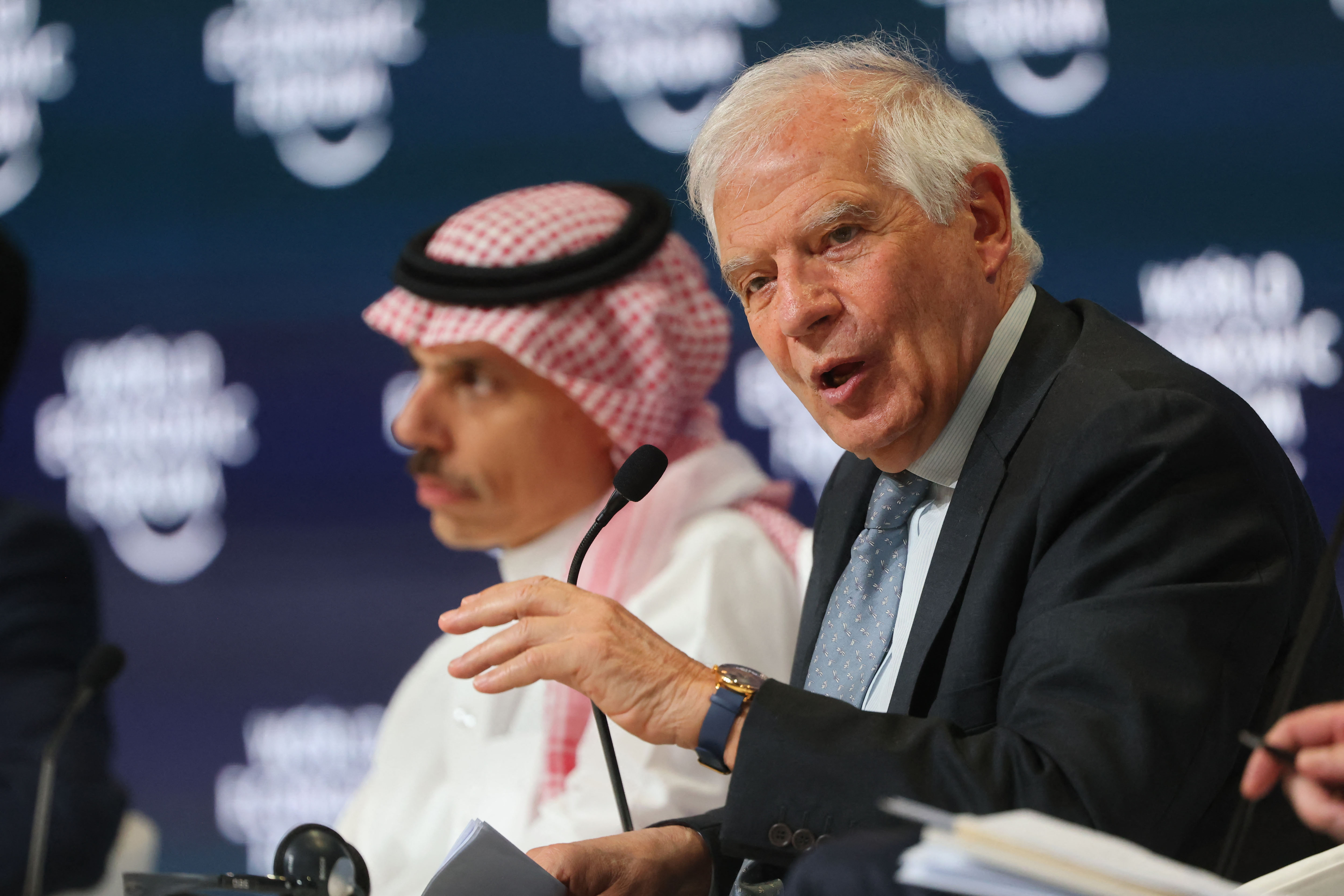There are 370 million Europeans over 18 years of age (16 years of age in Austria, Belgium and Malta) those who will elect between this Thursday and Sunday the only transnational assembly on the planet that is decided by direct suffrage: the parliamentarians of the European Union.
(Read here. How big will the new European Parliament shift to the right and what implications will it have?).
Europeans do not vote for continental lists, so The “European elections” are actually 27 national elections. But once chosen, MEPs will not sit in the European Parliament in national but ideological groups. The terms are five years and the European Parliament cannot be dissolved, not even during an electoral period. The outgoing MEPs are MEPs until the same day that the incoming ones take office.
720 MEPs are elected: 96 Germans, 81 French, 76 Italians, 61 Spanish, 53 Poles, 33 Romanians, 31 Dutch, 22 Belgians, 21 Greeks, Czechs, Swedes, Portuguese and Hungarians, 20 Austrians, 17 Bulgarians, 15 Danes, Finns and Slovaks, 14 Irish, 12 Croats, 11 Lithuanians, 9 Slovenians and Latvians, 7 Estonians and 6 Cypriots, Luxembourgers and Maltese. It is a system known as “decreasing proportionality.”because if it were done purely by population there would be 160 Germans for every Luxembourger.
The president of the European Commission, Ursula von der Leyen.
Photo:
The main political families of this last legislature were the conservative (176 seats), the social democratic (139), the liberal (102), the environmentalist (72), two extreme right (69 and 49), the former communists (37) . Without a group, 61 were left until there were 705, although 751 had been chosen, but a part was reduced after the definitive departure of the British for the brexit.
Headquarters of the European Parliament.
Photo:
How will the European Parliament be formed?
If its rise is not greater than what the polls predict, the majority will continue to form around a large European coalition which should bring together conservatives, social democrats, liberals and environmentalists.
To form a group two requirements must be met: that has a minimum of 23 members and that at least seven Member States are represented.
After taking office, they will go on vacation in mid-July and return the last week of August, when they will begin their work. The first thing they will receive will be the list of the 27 people who will form the European Commission in the next five years. Each one, from a Member State and appointed directly by its government.
All of them must pass an audition before a committee of the European Parliament, which must give them its approval one by one. When this process ends, the plenary session must vote by absolute majority (361 favorable votes) for the entire new European Commission.

Josep Borrell.
Photo:
Three weeks after the elections, national leaders will meet in Brussels to elect the bloc’s senior officials. The election of the presidency of the European Commission, which serves as the executive arm of the bloc, is essential because it is the institution that has the legislative initiative. Leaders make this choice by qualified majority (55% of Member States representing at least 65% of the population).
The German Ursula von der Leyen is the favorite to renew for another five years. Without it, names such as the former Italian Prime Minister and former President of the European Central Bank, Mario Draghi, and the current Prime Ministers Kyriakos Mitsotakis (Greek) or Donald Tusk (Polish) are heard.
Except for Draghi, who has no clear political affiliation, the others are all from the European People’s Party (right), because it is understood that the first political force has the right to claim that position. With that seat occupied, the second most important is that of the presidency of the European Council, which is now occupied by the Belgian liberal Charles Michel. The Social Democrats demand it (and should obtain it) for the former Portuguese premier Antonio Costa or the Danish premier, Mette Frederiksen.
If tradition is respected, the third most important position, that of the high representative for Foreign Policy, which is now held by the Spanish-Argentine Josep Borrell, would be for the third political family.. The liberals will try to claim it so that it does not fall into the hands of the extreme right.
IDAFE MARTÍN PÉREZ – FOR TIME – BRUSSELS
#decide #Europe #live #continent #polls #balance #tilted
